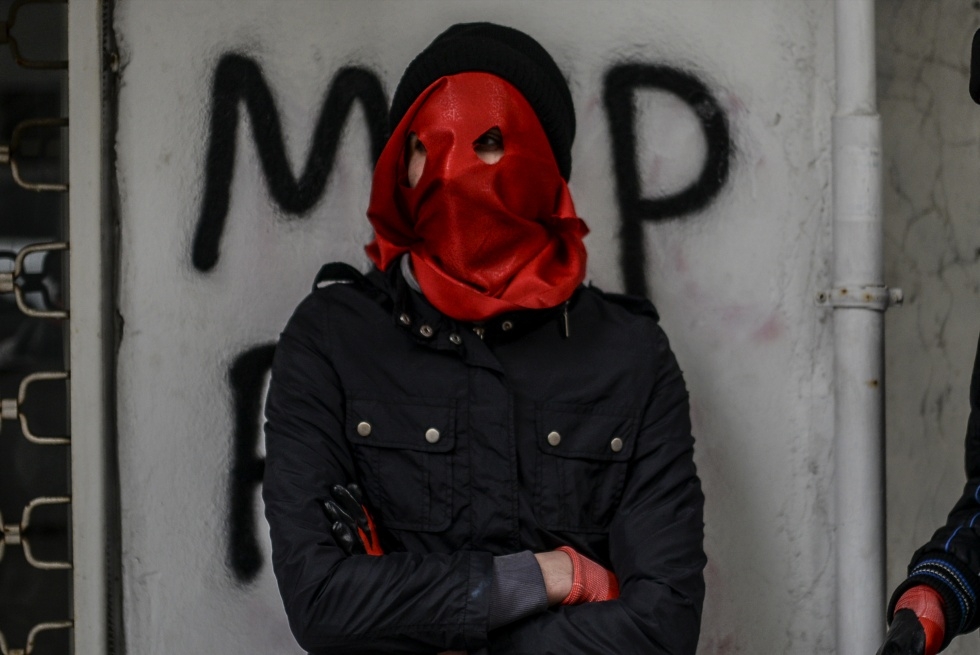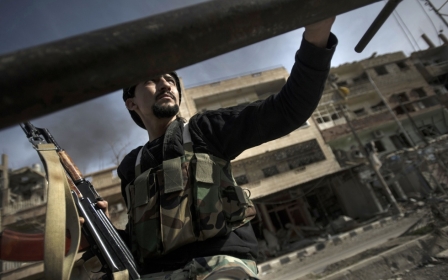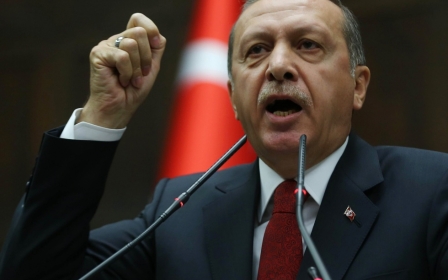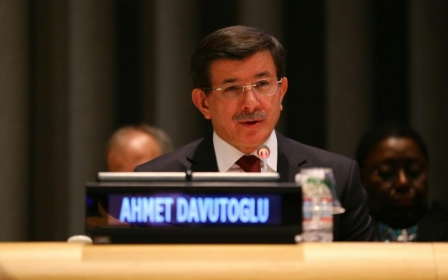Turkey: Parliament approves domestic security package

The Turkish parliament’s general assembly has passed into law 69 articles of a highly-debated domestic security bill that gives enhanced powers to police in Turkey among a host of measures.
The entire package of reforms was passed into law by voting in the general assembly on Friday.
There have been tense discussions over the bill since its introduction on the floor of the parliament in February. Initially, the ruling Justice and Development, or the AK Party proposed 132 articles in the security bill. But after intense debates with opposition parties, 63 articles were pulled out completely from the bill Friday.
The opposition alleged that the proposed law curbed individual freedoms and infringed on human rights. Despite the removal of 63 articles, the opposition says that controversial parts remain in the approved bill.
On 25 February, the parliament approved the first 20 articles of the reform package. Later, the second part of the bill was approved on 5 March and by 13 March, the AK Party-majority 550-seat parliament approved 67 articles of the bill.
The reform package is now expected to be signed by President Recep Tayyip Erdogan, after which it will be published in the official gazette.
According to the approved parts of the bill, police will now be able to use weapons against those who attack schools, public buildings and places of worship with Molotov bombs, explosives, inflammable materials and other weapons. Moreover, the bill criminalises the use of “fireworks, molotovs, iron balls and straps” in public meetings or demonstrations. Those who cover their faces partly or entirely during demonstrations that turn into a “propaganda march” for a terrorist organisation may face sentences of up to five years in prison.
A police chief will now be able to order the search of a person, their belongings and private vehicles after obtaining the written or oral permission of administrative chiefs. While carrying out such searches, a document outlining the reason for the search will be handed over to the concerned person.
All transactions involving the “bonsai,” a cheap, addictive and a potent form of a marijuana-like substance, will be considered as illegal as conducting deals for other banned drugs. The sanctions against the manufacture and sale of synthetic drugs, including bonsai, will now come under the Turkish Penal Code.
The governor, when needed, will now have the power to give orders to the law enforcement chiefs and officials to find offenders of the law. The law enforcement officials will be able to take a person into custody for up to 48 hours if he or she attends social events that may lead to a serious disruption of public order or crime.
Other articles of the bill say that the police training centres will be able to accept new candidates aged up to 30-years-old; the previous age limit was 28.
The government sees the measures as compliant with EU norms, while opposition parties rejects them outright, saying they will erode freedoms and rights in the country.
The opposition Republican People's Party parliamentary group deputy chairman, Akif Hamzacebi, said before the bill was approved that his party would apply to the Constitutional Court next week to abolish the approved security law.
The security bill came to the table following extensive rioting in Turkey last autumn. Protests in Turkey's southeastern provinces in October 2014 resulted in over 40 deaths that were sparked because of the Turkish government allegedly not doing enough to save the Syrian Kurdish town of Kobani from the militant group Daesh (Islamic State).
New MEE newsletter: Jerusalem Dispatch
Sign up to get the latest insights and analysis on Israel-Palestine, alongside Turkey Unpacked and other MEE newsletters
Middle East Eye delivers independent and unrivalled coverage and analysis of the Middle East, North Africa and beyond. To learn more about republishing this content and the associated fees, please fill out this form. More about MEE can be found here.




